Laboratory spaces play a crucial role in scientific research, healthcare, and various industries. However, these facilities are also known for generating a significant amount of waste, including hazardous materials. In an era where sustainability is a paramount concern, managing trade waste in laboratory spaces is not only a legal obligation but also an ethical responsibility.
This article explores the importance of trade waste applications in laboratory settings and how they contribute to sustainable practices.
Understanding Trade Waste
Trade waste, in the context of laboratory spaces, refers to any liquid waste produced during commercial or industrial activities. Trade waste regulations aim to protect the environment and public health by managing the discharge of such waste into the sewerage system.
Laboratories are required to obtain trade waste approval from the local water authority in the form of a Trade Waste Application, ensuring that their waste does not harm the environment or disrupt wastewater treatment processes.
Key Benefits of Trade Waste Applications in Laboratory Spaces
1. Environmental Protection
Hazardous Chemicals: Laboratories often work with hazardous chemicals that, if improperly disposed of, can contaminate water sources and harm aquatic life. Trade waste applications ensure that these chemicals are handled and disposed of responsibly, reducing the risk of environmental pollution.
Wastewater Treatment: Trade waste approval ensures that laboratory wastewater meets the standards for safe discharge into the sewerage system. This helps prevent the contamination of local water bodies and minimizes the need for costly remediation efforts.
2. Compliance with Regulations
Legal Obligation: Laboratories are legally required to obtain trade waste approval. Non-compliance can result in penalties and legal consequences. By adhering to these regulations, laboratories demonstrate their commitment to environmental responsibility.
3. Resource Efficiency
Water Conservation: Laboratories can implement water-saving measures as part of their trade waste applications. By reducing water usage and reusing treated water, laboratories can conserve this precious resource.
Cost Savings: Efficient waste management and resource conservation often lead to cost savings in the long run, benefiting laboratory operations.
4. Reputation and Sustainability
Stakeholder Confidence: Demonstrating a commitment to responsible waste management and sustainability practices can enhance a laboratory's reputation. This can attract environmentally-conscious partners, clients, and investors.
Sustainable Future: Trade waste applications align laboratory spaces with broader sustainability goals, contributing to a more sustainable and resilient future.
Steps to Implement Trade Waste Applications in Laboratory Spaces
1) Identify and Classify Waste: Laboratories should assess the types of waste they generate, categorise them as hazardous or non-hazardous, and create a comprehensive inventory.
2) Seek Trade Waste Approval: Contact the local water authority to initiate the trade waste approval process. This involves submitting relevant documentation and complying with the authority's requirements.
3) Implement Best Practices: Laboratory staff should receive training on proper waste handling, storage, and disposal methods. Implementing best practices reduces the risk of accidents and environmental harm.
4) Regular Monitoring and Reporting: Laboratories must regularly monitor their waste generation and discharge, keeping detailed records. Accurate reporting ensures compliance and helps identify areas for improvement.
While trade waste applications are dependent in some respect on the local government and state government area that the laboratory is within, these are the general steps that cover Australia-wide. It is always best to have a hydraulic and planning consultant confirm all requirements during a project.
Conclusion
In developing the Services design for a new laboratory it is extremely important to understand not just the environment you are trying to create, but also how you are going to manage the by-products of that work. At Amicus Labline we take a holistic approach to lab design incorporating all key engineering disciplines from the get go. Generally we like to understand and flag these risks at the feasibility or early concept design phase so we can work with our partners to mitigate the issues.
Trade waste applications in laboratory spaces are essential for promoting environmental protection, legal compliance, resource efficiency, and sustainable practices. Laboratories have a responsibility to manage their waste responsibly to safeguard the environment and public health. By doing so, they not only meet regulatory requirements but also contribute to a more sustainable and environmentally conscious future.
Find out more
Interested to know how our Labline team can help? Visit our Laboratory Consulting page or click here to book a chat with our laboratory experts.

/Team%20Photos/Andrew%20Leigo.jpg)
/Cap%20Stats/lab-inside-blog.jpg)
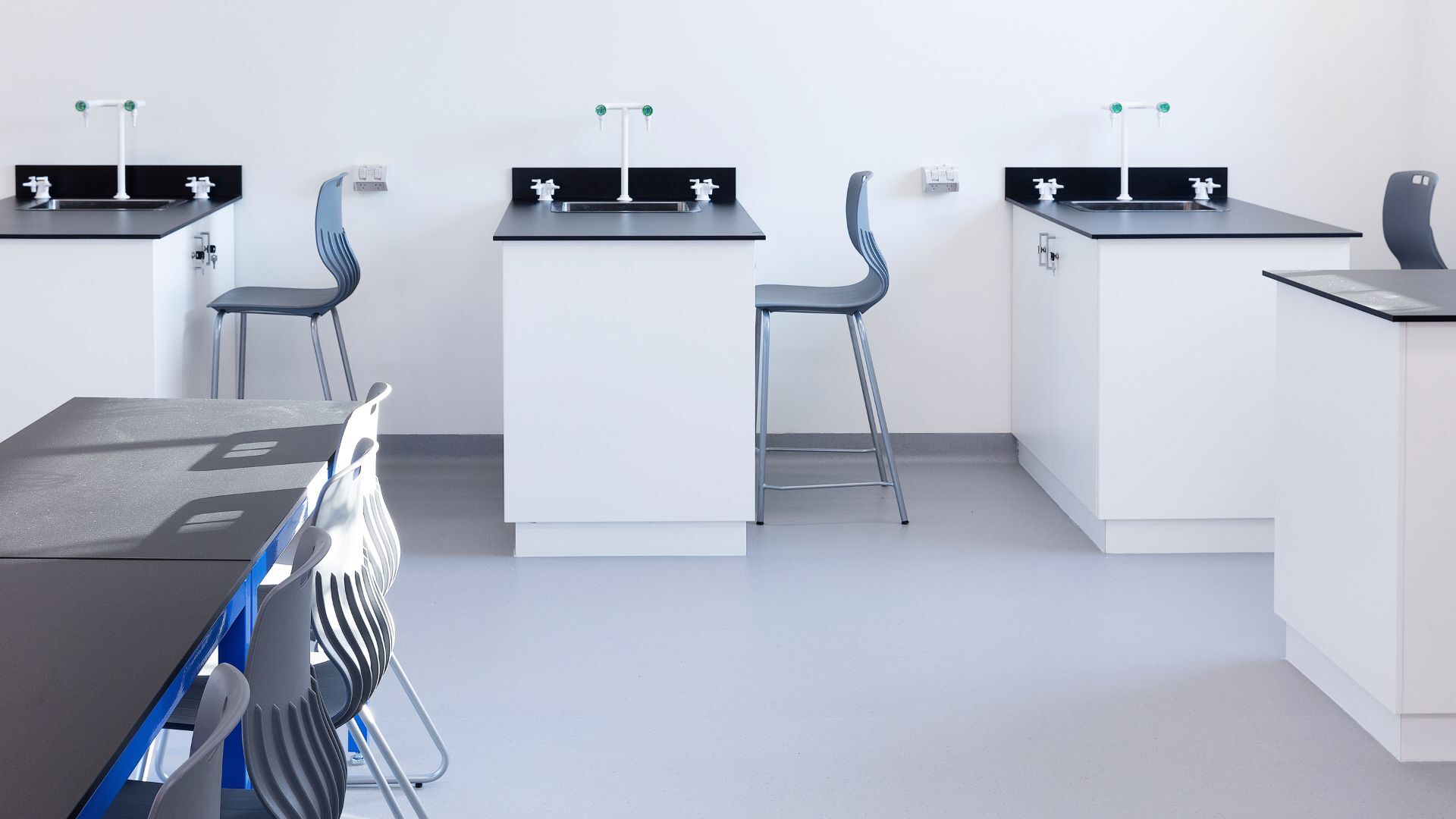
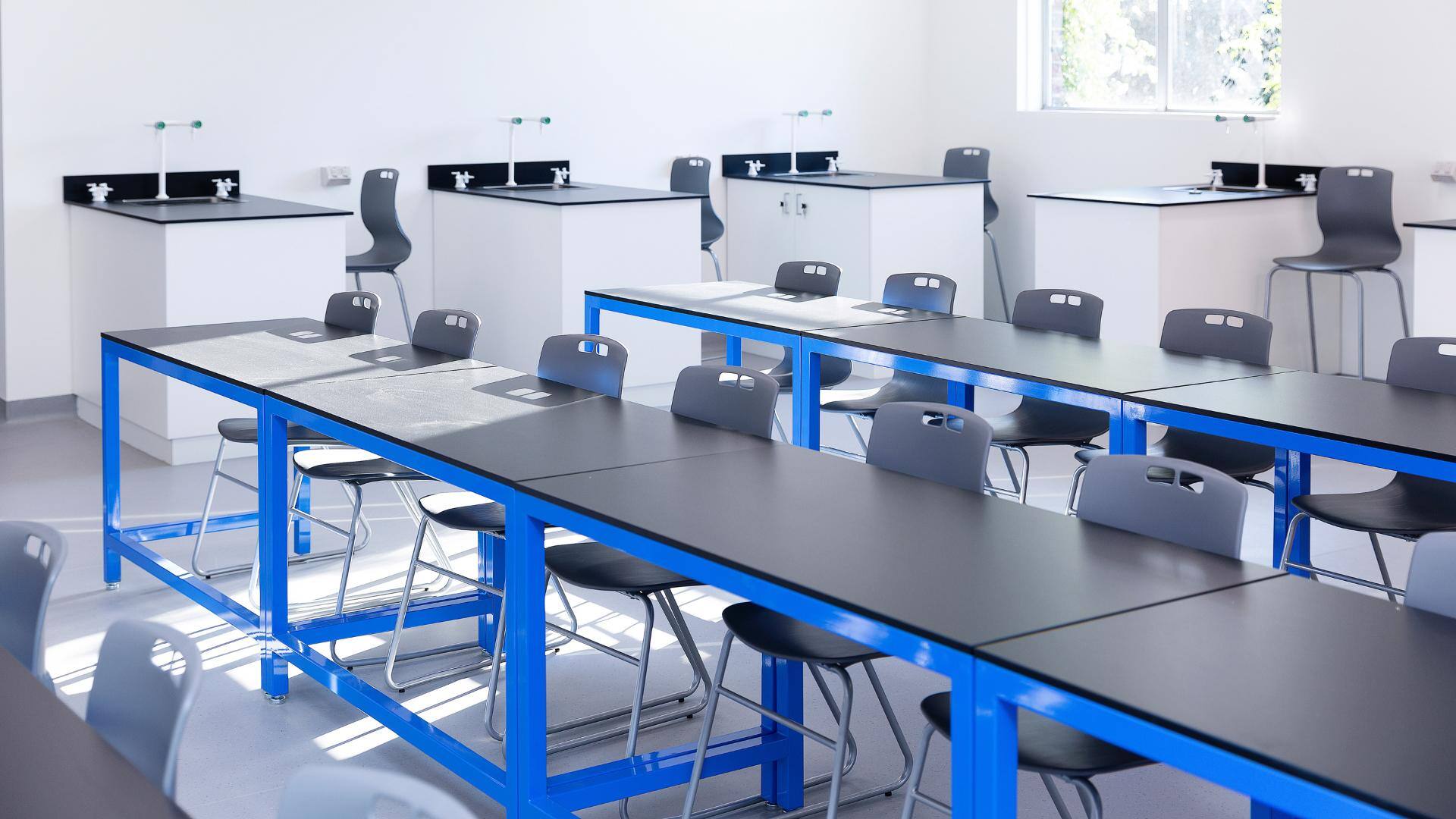
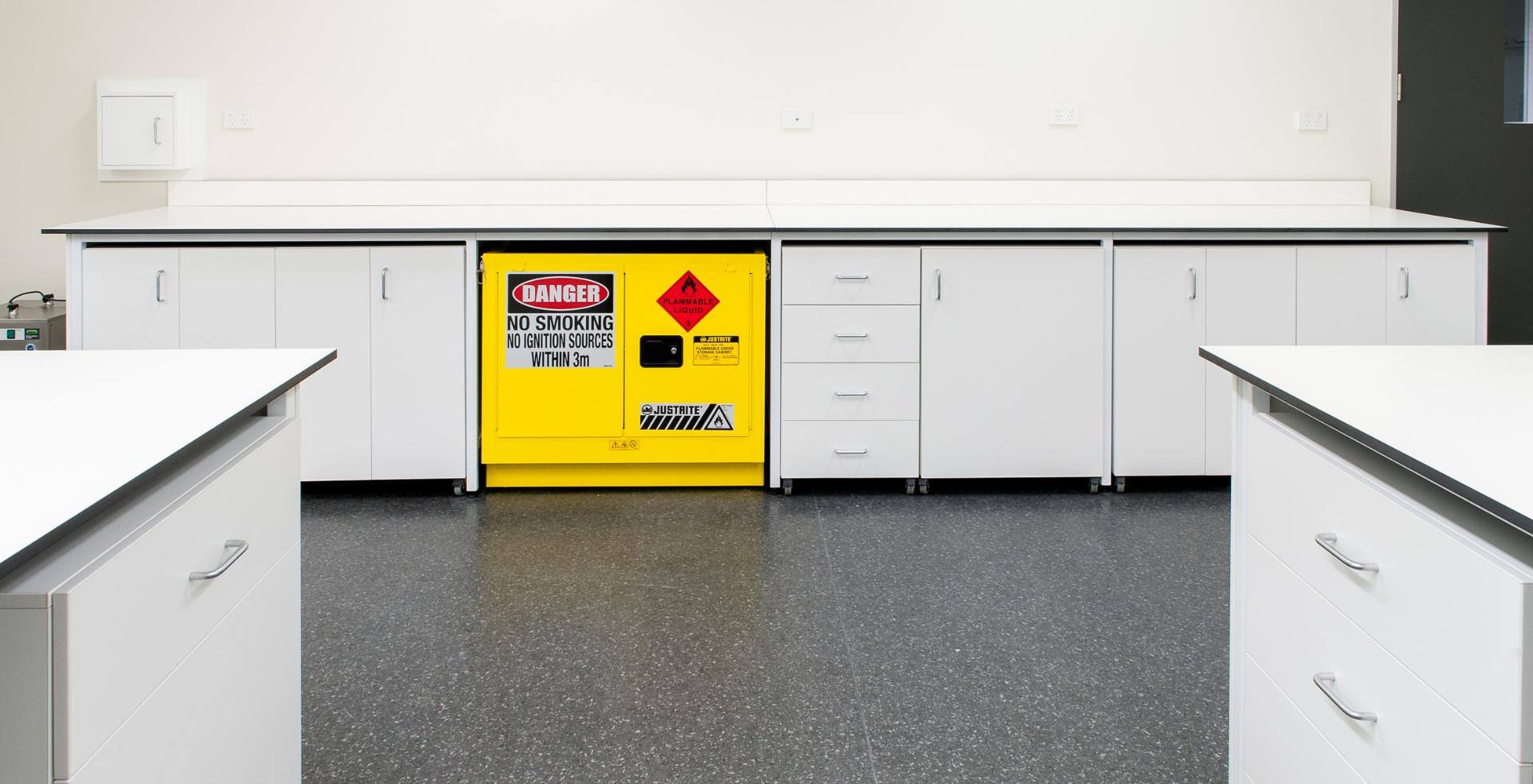
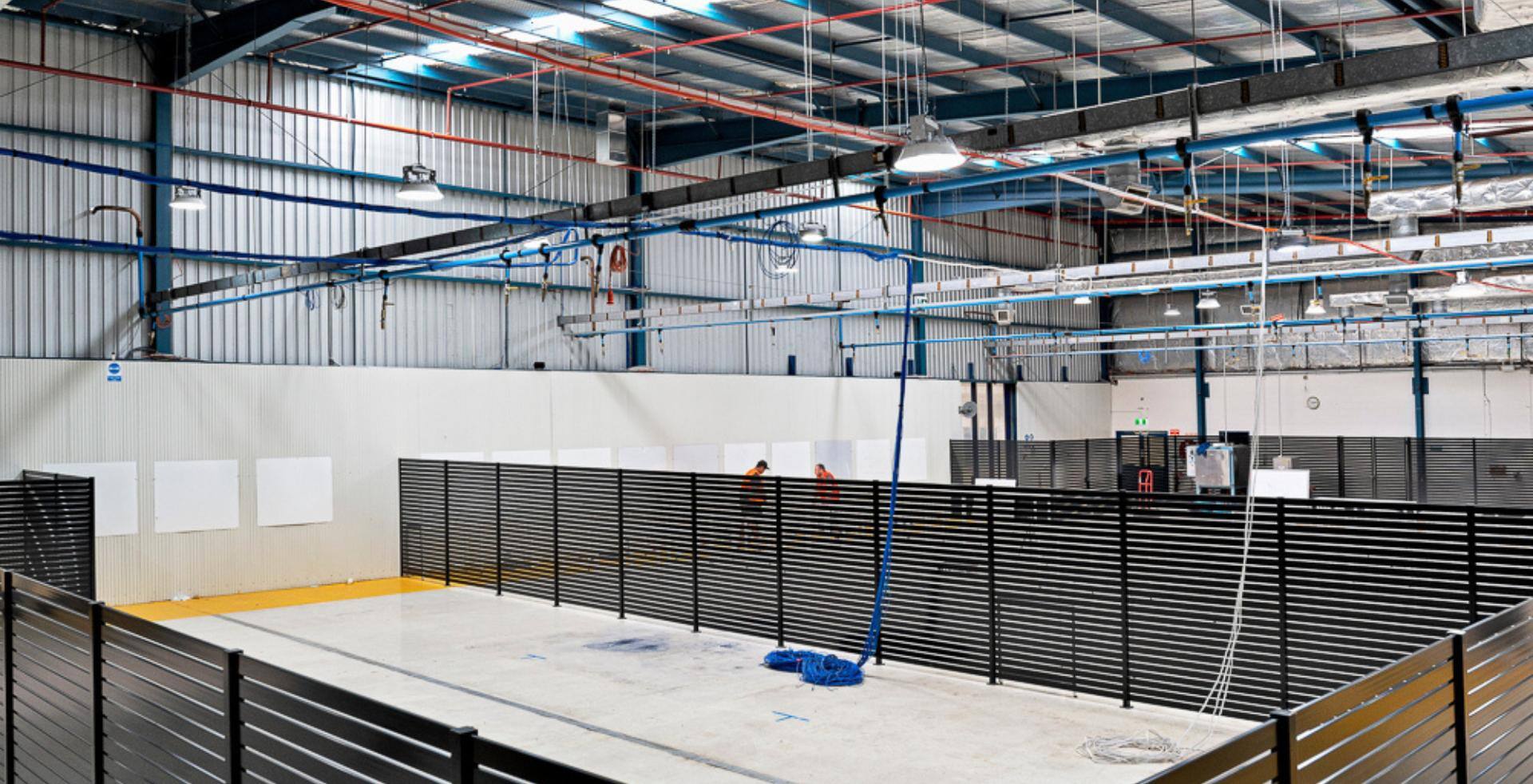
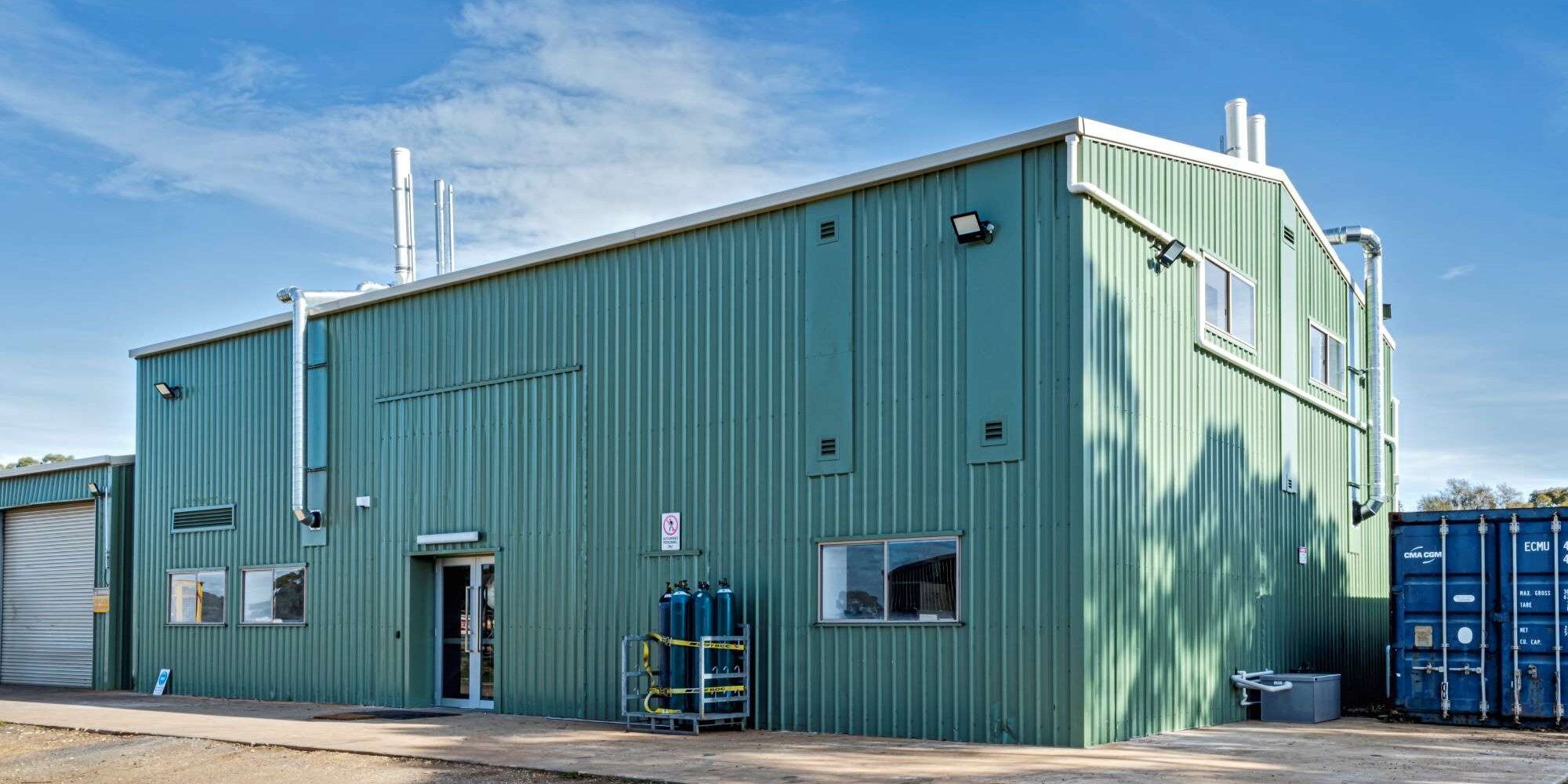
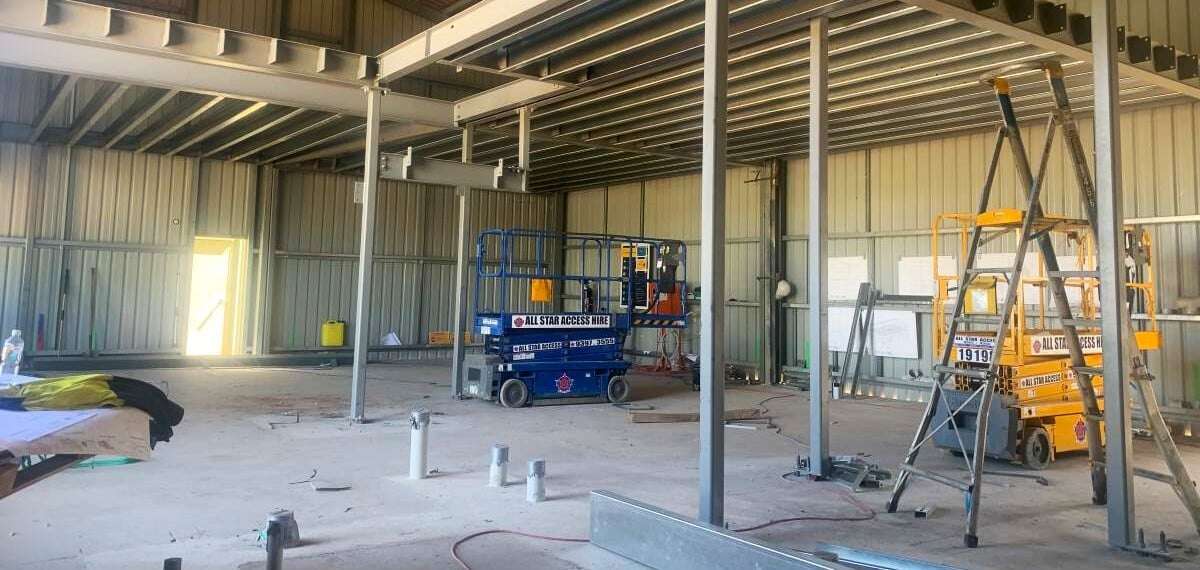
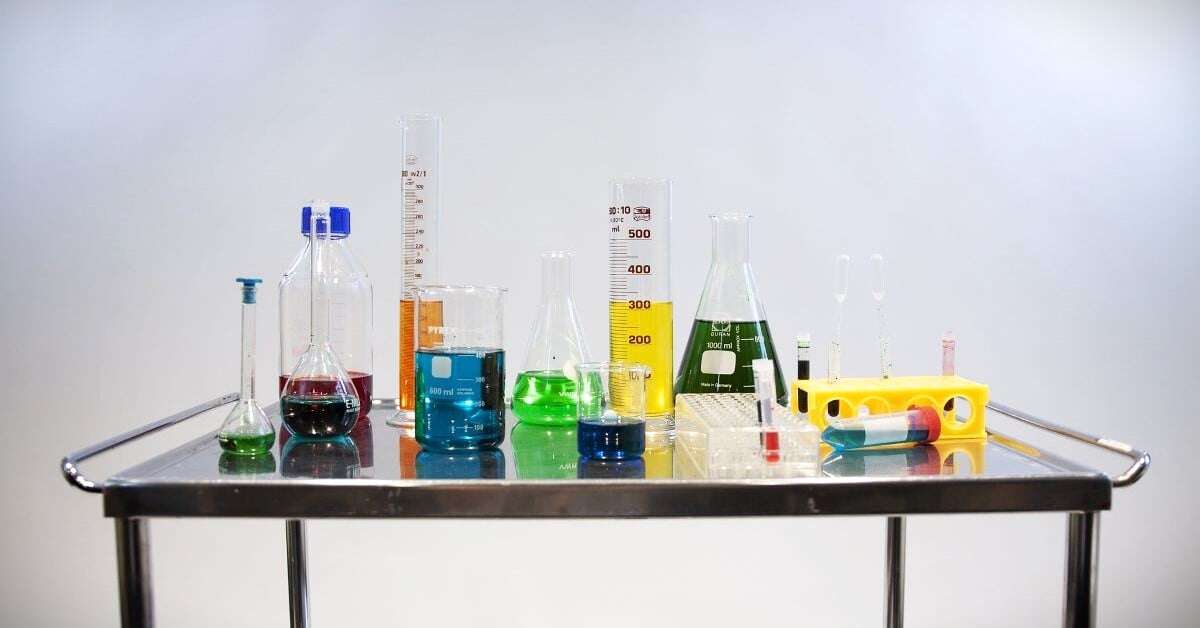
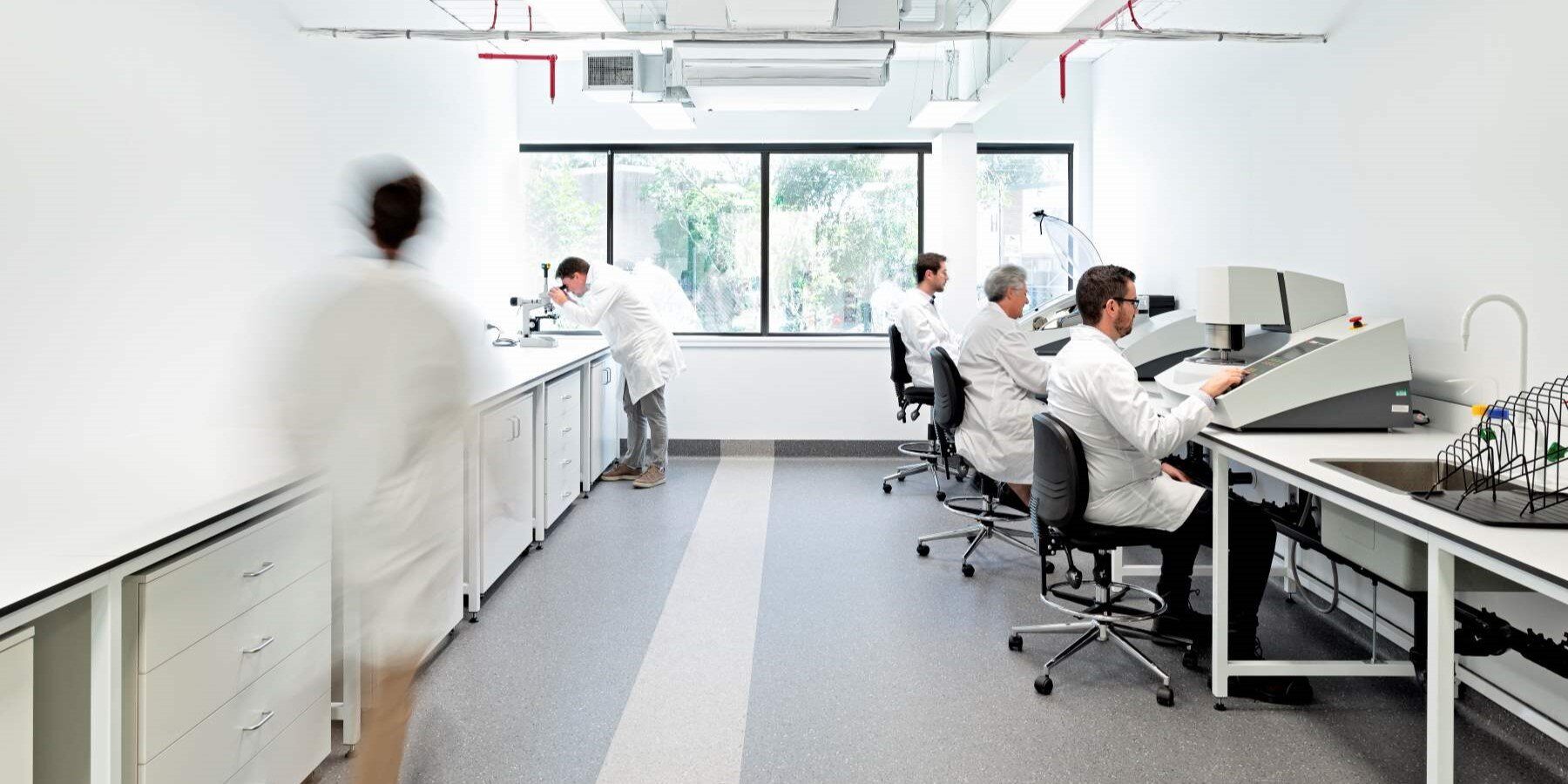
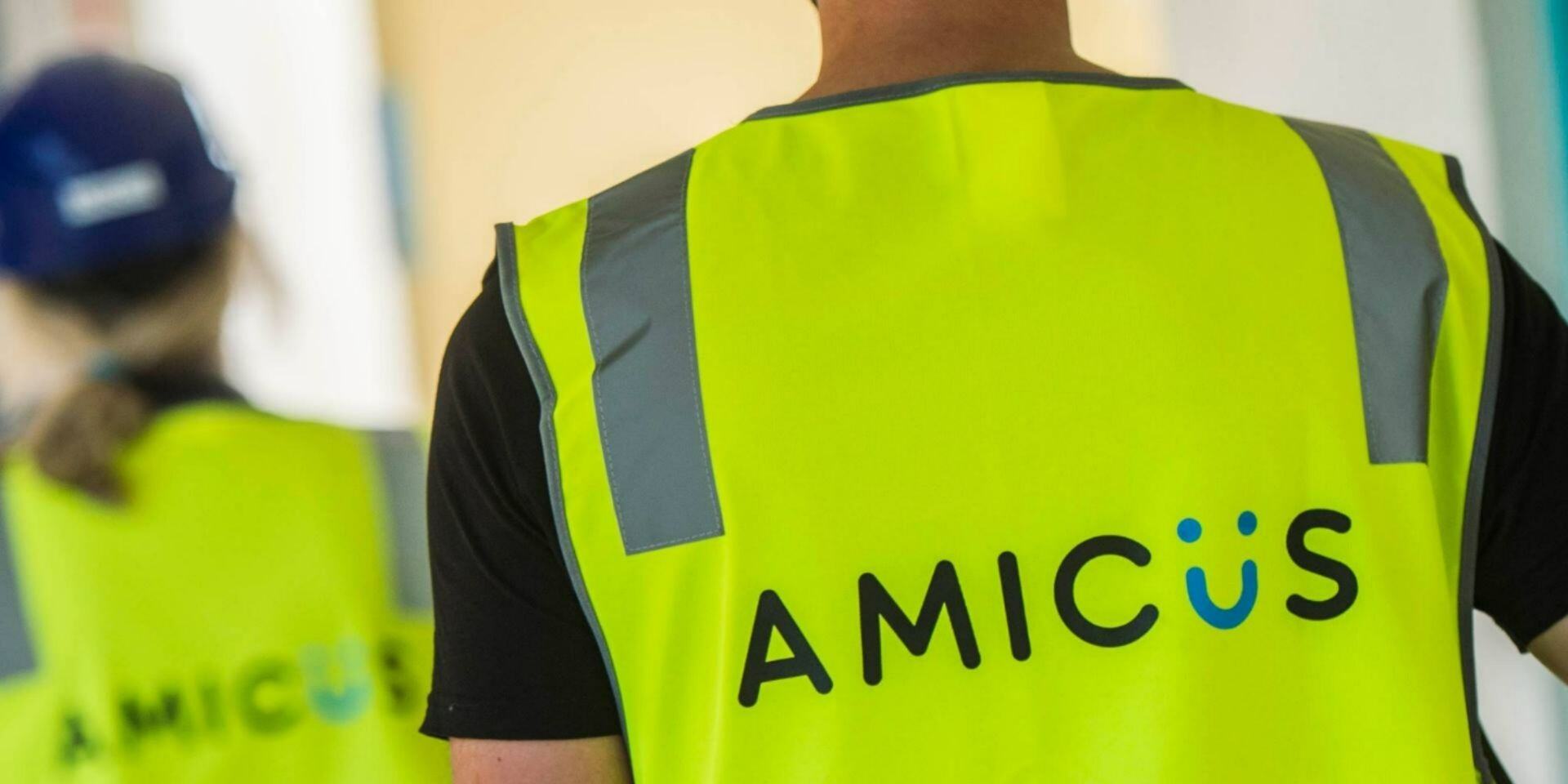
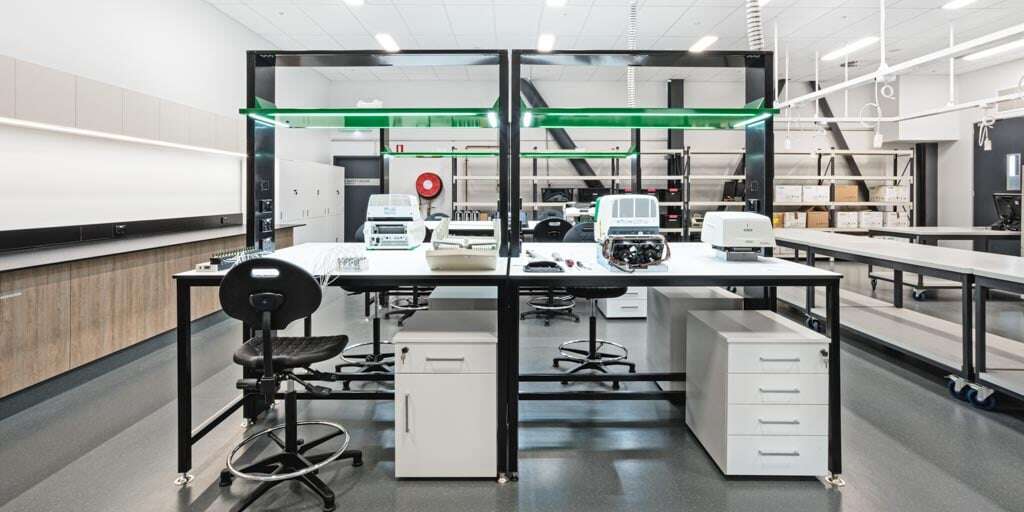
/Sectors/Laboratory/amicus-labline-contact.jpg)